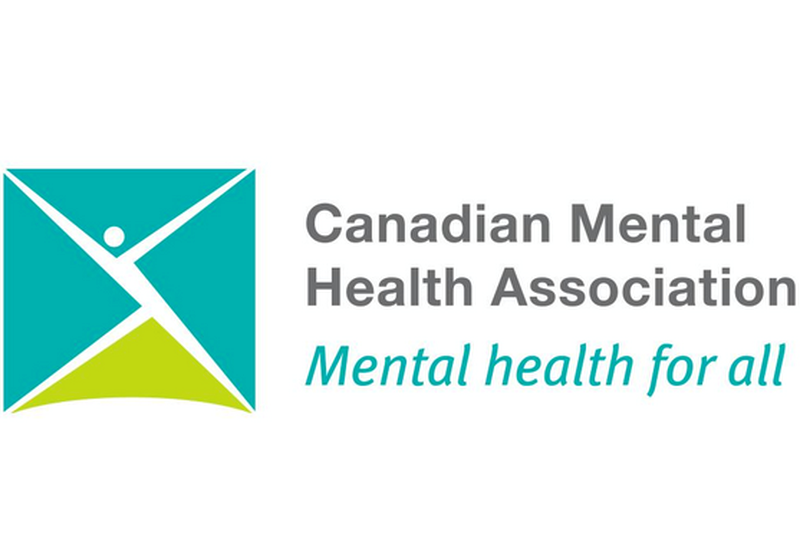Giving people the tools to better identify signs of suicide — especially in youths — can potentially save lives and connect suffers with resources, according to the Canadian Mental Health Association (CMHA).
To ensure residents have the information to help others who are considering suicide or expressing such thoughts, the Moose Jaw chapter of the CMHA is hosting three workshops, with two of the events in partnership with Journey to Hope.
“There’s a really big need (for this training),” said Nema Atsu, executive director of the CMHA Moose Jaw chapter. “As long as people die by suicide, there’s always a need.
“These courses get people prepared to see the signs that somebody may be having thoughts of suicide and (can) know how to talk to them and know how to connect them to resources that can help them.”
To register for any of these events, all of which take place at the Crescent Park Event Centre at 262 Athabasca Street East, call 306-692-4240 or email [email protected].
Becoming a suicide alert helper
SafeTalk: Suicide Alertness For Everyone takes place on Tuesday, Oct. 1 from 1 to 4 p.m. The cost is free to anyone who lives within the former File Hills Health Region boundaries, while it is $50 for everyone else.
The training helps prepare anyone over the age of 15 to identify persons with thoughts of suicide and connect them to suicide first-aid resources. Most people with thoughts of suicide invite help to stay safe, according to the event’s Facebook page.
As a trained suicide alert helper, residents will be better able to:
- Move beyond common tendencies to miss, dismiss or avoid suicide;
- Identify people who have thoughts of suicide;
- Apply the TALK steps (Tell, Ask, Listen and Keep Safe) to connect a person with suicide thoughts to suicide first aid or intervention caregivers.
Helping children cope
Tattered Teddies: A Workshop About Suicide in Children takes place on Wednesday, Oct. 2 from 1 to 5 p.m. This workshop provides information and interventions targeted specifically to children under age 12.
The cost is free to anyone in the former File Hills Health Region boundaries, while it is $85 for everyone else.
Suicidal behaviour in children under age 12 is a subject of growing concern for those who work with them, the event Facebook page says. Suicide is the second-leading cause of death in youths behind car collisions. Such thoughts and attempts in children have sometimes been overlooked, denied or ignored.
This workshop offers practical approaches for those working with children and anyone who may be at risk of suicide. Intervention approaches build on the skills taught in the Applied Suicide Intervention Skills Training (ASIST) as it applies to children.
This is an interactive workshop that includes group discussions, mini-lectures and case studies.
“We are definitely seeing (an increase in) youths calling for peer support and mental health issues,” Atsu said.
Youths may be considering suicide more as a way to cope, she explained. Kids and young adults are facing more stress in life, especially socially and on social media. They don’t have the skills to handle these challenges, so they act out hoping to receive help.
By giving them coping skills, this can ensure youths and children find hope while reducing the stigma around talking about this, she added.
Preventing suicide in youths
Straight Talk: Preventing Suicide in Youths takes place on Thursday, Oct. 3 from 1 to 5 p.m. The workshop is for anyone who works with youths aged 12 to 24. It discusses strategies to strengthen the protective factors of youth at risk of suicide.
Straight Talk encompasses the developmental, cognitive, and emotional differences found within this age group, the event Facebook page says. Intervention strategies are explored that are relevant to the age group by stories and case studies.
This workshop will participants recognize the prevalence of youth suicide; identify suicidal and self-harm behaviour in youths; identify protective factors, risk factors and warning signs in youths; and confidently transfer care of a youth to a caregiver, including but not limited to a parent, guardian, professional, or community resource.
All participants will receive a certificate at the end of the workshop. This workshop is recognized by the Canadian Accreditation Council of Human Services (CACOHS).




